Balance: Support and Challenge
Balance: Support and Challenge
So many things in life require balance. Even the simplest activities that we may take for granted such as the ability to walk requires a fine balance and coordination of movement. When we drive or ride a bike there is a medium in which we are cautioned not to go too fast or too slow. When we listen to music we set it to a comfortable volume that is not too loud as this can result in distraction, headaches, and the music may not come out sounding as clear as when it is just the right setting to help facilitate concentration, flow, relaxation, and clarity. We are supposed to eat a balanced diet, balance our cheque-book, and balance our tires. More importantly, when balance is present in work, school, family, and relationships we often feel happier.
Balance manifests itself in so many ways that the subtleties of it can be easily overlooked. We often don't take note of it until it is breaking down in our lives and we begin to question why things are going awry. When it is not present in our lives we can experience much difficulty in all of the above areas. At work we are more vulnerable to burnout, experience stress-related illnesses, and feel a loss of creativity. In school, we can lose track of goals and the fun and adventure of learning. In life in general we can feel stuck, bored, and irritable.
One interesting way of assessing balance in life is to examine the level of support and challenge present in various life arenas. In his work with adult teaching and mentoring Daloz (1998) describes the ways in which support and challenge combine to create different relationships between the teacher and the learner and how these combinations can affect the experiences of the learner. Support from this paradigm is viewed as an affirming action in which the mentor validates the student's present experiences or helps the student to see that where they are in the process is okay and that they are capable of moving forward when they choose. Challenge on the other hand has a very different function of creating subtle feelings of tension in which one moves forward and attempts to find closure. It draws one outward to take risks, to exert effort, and to accommodate inner experiences with a new environment and understanding.
Working from Dolaz's model, when both support and challenge are low - for example in a work setting, in an academic setting, or when learning a new skill or sport - minimal change or growth is likely to occur as there is nothing for an individual to respond to. One experiences a standstill or a stasis. If support increases and challenge remains low a person may feel confirmation but lacks the motivation to develop any further. His or her ability to engage with the world outside of themselves is stifled. Alternatively when challenge is high and support is low one may be apt to retreat and disengage from the situation entirely, finding security in more well-known and familiar environments. A combination in which support and challenge are both high often results in a person experiencing personal and/or professional growth.
When assessing balance in life support and challenge are one dimension that can have a significant impact. If specific aspects of your life are feeling out of kilter, step back and ask yourself, "do I feel a good balance between support and challenge in this area?"
Daloz, L. (1998). The Yoda factor. Mentor: Guiding the Journey of Adult Learners (pp. 203-229). San Francisco, CA: Jossey-Bass


